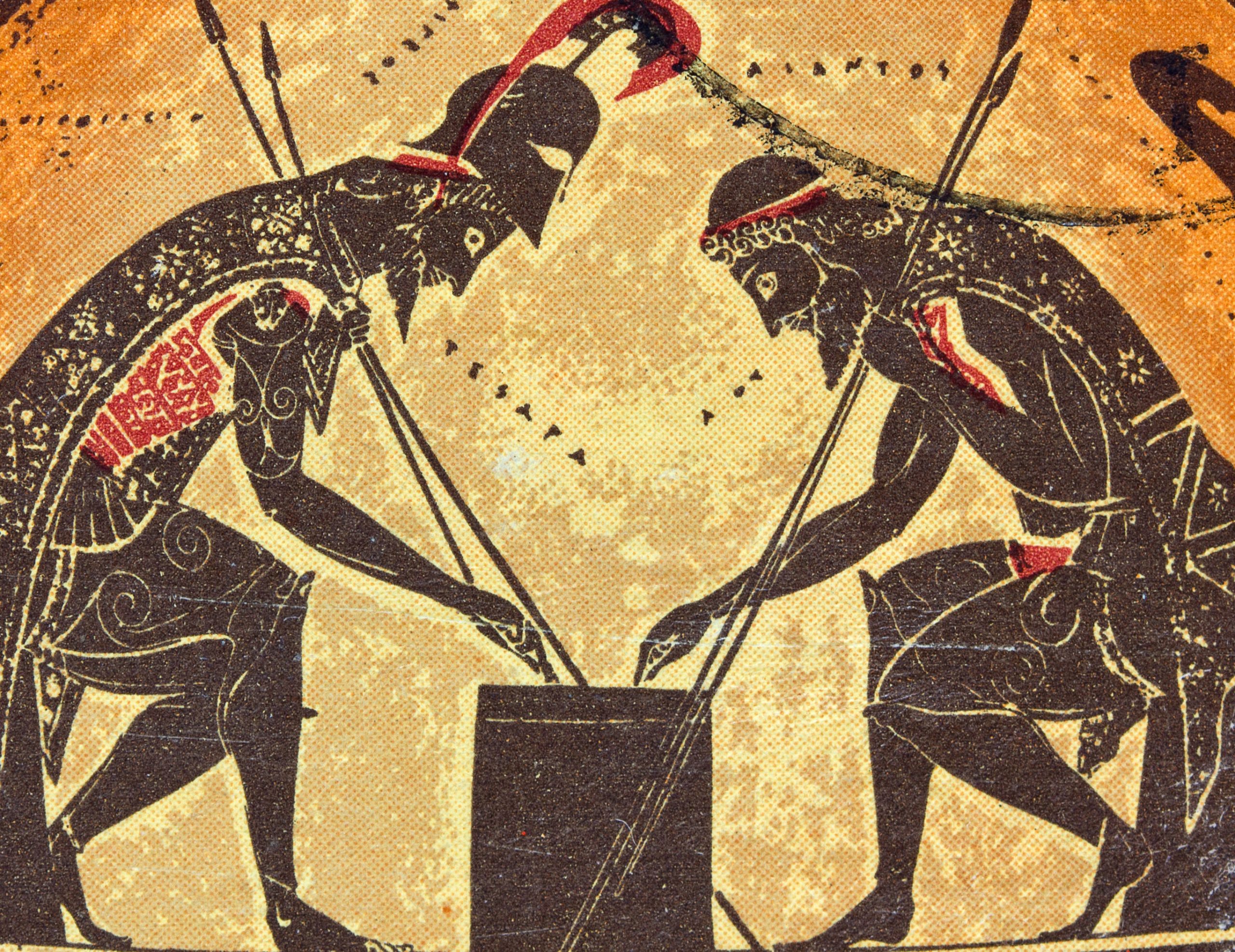Why the classics?

Why should we have the classics on our school and university curricula? What does goodness, truth and beauty mean in that context? Aren’t these words just abstractions? They are, but their substance seems to me entirely practical, for it leads me to conclude that a study of the great classics provides us with three overarching benefits. These are:
1. Role models of greatness
2. Deeper understandings of ourselves and others
3. Appreciation of form – hence beauty
I would like to briefly consider each of these three benefits.
First, role models of greatness. It says in the Bible that ‘without vision the people perish’ (Proverbs 29 v18). This applies to all levels of society: at a family level, community level, with our schools and colleges, with our institutions and businesses, and at government level. We have all experienced that sickening sense of drift and chaos that occurs where there is no vision; and where does vision come from? Great men and great women who galvanise those around them. But where does their vision come from? From role models of greatness: either in real life – for example, a great mother, a great father, a great teacher and so on – or from great books and great literature.
It would be blindingly too obvious to cite all the great men and women whom the Bible has inspired to provide vision to their contemporaries – there are so many. But take Mother Teresa or take Martin Luther King – they were great, they had a vision, and they were inspired by what they read in the Bible.
In the same way, others have been inspired by poetry: Alexander was inspired by Homer. Almost the greatest miracle that Alexander could conceive of was that Homer might return from the dead; and he based his whole life on imitating Achilles, the great Homeric hero. You might say, ‘But that’s not great – Alexander was not a man of peace.’ But that is us imposing our values on him: at the time, everyone knew that he was great, they named him ‘the Great’, and for all that, with all the evil in him (Dante assigned him to a river of blood in Canto 12 of his Inferno), he had certain qualities we all can admire: his courage was simply legendary. Like Achilles – his hero – he was fearless. Courage is timeless – and in poetry we can experience it perfected.
But if that seems a step too far: take Winston Churchill, the great British war leader in World War II. His great role model was his own ancestor, John Marlborough, Duke of Blenheim, who won the Battle of Blenheim (1704) in the early Eighteenth century, and so prevented the European continent being dominated by France for a century (till the rise of Napoleon). So far so historical. But who inspired Marlborough? Marlborough claimed that Shakespeare was essential to his education and ideas – they inspired him, especially the History plays. But who inspired Shakespeare? Step forward the great Roman writer Plutarch. And if at this suggestion you want to say, but Plutarch isn’t a poet, but an historian, keep in mind the following: the Nine Muses of poetry were astronomy, comedy, dance, eloquence, epic, history, music, amatory poetry, and tragedy. Homer was epic; Plutarch history!
Continue reading the next discourse in the series: Heroic or what?

